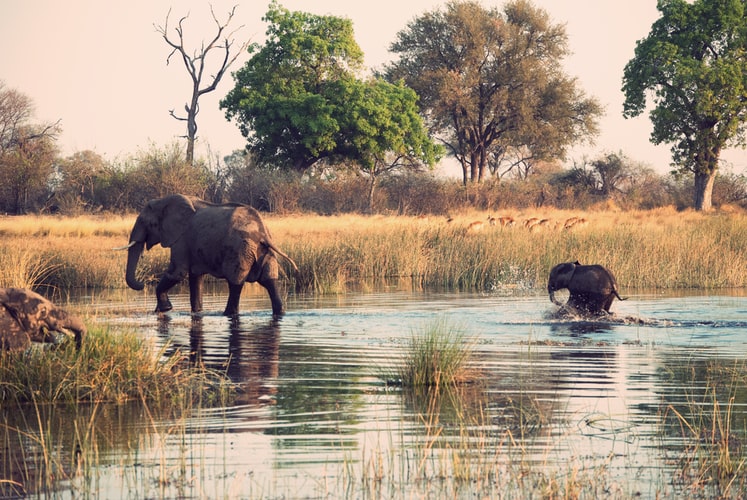A career in wildlife education is a sought after role for many individuals. Interest in nature and teaching is a unique combination, but if you’re someone who loves both these things and wishes to make their career based on them, a wildlife educator job might be the perfect fit for you.
If you’re interested in nature and its various intricacies and have a desire to shape young minds, wildlife education could be the right way for you.
Wildlife education covers a large number of subjects and is mainly taught to high school and college students. In other words, this is principally a post-secondary field of study. Read on to learn about wildlife education jobs, and how to get into the field.

Subjects Involved
Wildlife education is not just about geography or nature. It is a broad field that covers all the subjects related to the field. These subjects include informational subjects, like environmental biology, disease, ecology, and wildlife behavior.
These subjects are more centered on studying existing knowledge and patterns. Apart from these, more practical subjects, like environmental and wildlife conservation are also included in this field.
These subjects involve taking a comprehensive look at the present scenario and figuring out how things can be changed. A wildlife educator’s job is a prestigious position, and one needs proper qualifications to be considered eligible for it.
Qualifications
Qualifications for becoming a wildlife educator depend mainly on whom you want to teach. The more advanced the level of your student is, the more advanced your education needs to be.
If you want to teach students at the high school level, you will first need a bachelor's degree in one of the subjects mentioned above. After achieving that, you will also need to get a graduate degree and teaching certification.
Several schools will also ask for previous supervised teaching experience before they invite you on board. For teaching students at the university level, your education will need to be a lot more intensive.
University-level professors have a bachelor’s degree in one of the mentioned subjects, a master’s degree, and a doctorate (PhD.) in a specialty.
Job Opportunities
Demand for wildlife educator jobs is projected to increase more than average in the next decade. This is a field where AI cannot take over everything, and these jobs cannot be automated. Here are some options for finding educator jobs.
Google Jobs
Google has its own job search engine, where it pulls results from major recruiting websites for easier access. You can easily search “Wildlife Educator Jobs” around you and find job and internship related results from LinkedIn and other reputable sources.
Indeed
Indeed is one of the most reliable platforms for both recruiters and job seekers in the U.S. You can look up "Wildlife Educator Jobs" and put in your filters based on your location and expected pay.
Conservation Job Board
If you lean more towards being an environmentalist and feel like you should be doing your part in saving the planet, you could head on to the Conservation Job Board for jobs that focus mainly on conservation.
Remuneration

Wildlife educators have advanced degrees, and the remuneration reflects their education level. The average salary for a post-secondary wildlife educator in the US is close to $75,000 per year.
These numbers differ from state to state but be assured that wildlife educators make a comfortable living. Remember that these are median salaries, and experienced wildlife educators can make over $100,000 per year.
Also Read: Learn All About Wildlife Management Careers
The Bottom Line
Considering the state of our environment right now, we need more people who can teach and influence future generations to utilize the resources of the earth respectfully. Hopefully, this article has provided the information you need to move towards your dream career.







